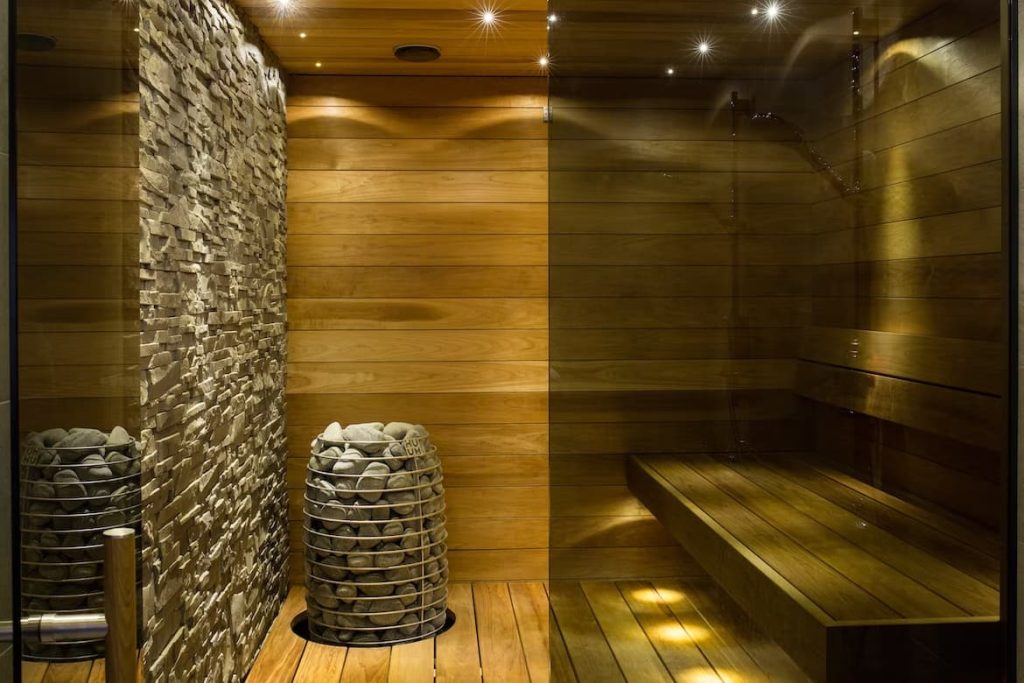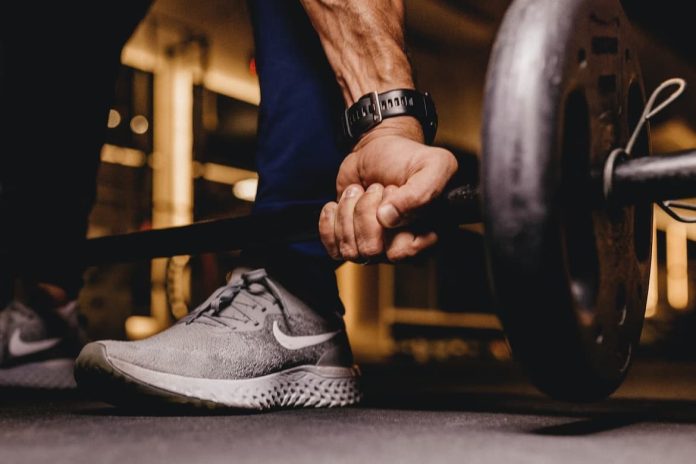When you finish a tough workout, what’s the first thing you do? If you’re like most people, you probably reach for ibuprofen. But did you know that there are natural remedies that can help with your post-workout ache? We will explore six of the best natural remedies for post-workout pain.
Table of Contents
1. Osteopathy
Osteopathy is a form of alternative medicine that involves treating the body’s structure and musculoskeletal system. Osteopaths use soft tissue massage, joint mobilization, stretching and manipulation to relieve pain and reduce muscle tightness.
It can help with post-workout aches because it helps to restore the balance between muscles, bones, joints, and fascia. You can find Osteopathy treatment in Toronto by researching online. Additionally, many physiotherapists offer osteopathy treatment as part of their services. Another great benefit of this treatment is that you may be able to claim the cost of an appointment through your health insurance.
2. Herbal Remedies
Herbal remedies are a great way to naturally reduce post-workout pain and inflammation. Some common herbs used for this purpose include ginger, turmeric, cayenne pepper, Arnica montana, and white willow bark.
These herbs can be taken in supplement form or brewed into teas and tinctures. If you’re unsure how much of each herb to take or how often you should use them, it’s best to consult with a naturopathic doctor before starting any herbal remedy regimen. Some people find that these remedies help to alleviate post-workout pain, while others find them to be ineffective.
3. Epsom Salt Baths
Epsom salt baths are a great way to reduce post-workout aches and pains. The magnesium sulfate in the Epsom salts helps to reduce inflammation and muscle tightness. Additionally, soaking in warm water can help relieve soreness and relax your muscles.
To get the most out of an Epsom salt bath, aim for a temperature between 98 and 102 degrees Fahrenheit (37–39 degrees Celsius). Soak for 15–20 minutes at least twice a week after working out.
Be careful when getting out of the bath, as the temperature decrease can cause dizziness. After your soak, be sure to drink plenty of water and stretch your muscles for even more relief. Additionally, you can add essential oils such as lavender or eucalyptus to the bath water if desired.
4. Acupuncture
Acupuncture is an ancient Chinese medical practice that involves inserting tiny needles into specific areas of the body. This practice helps to reduce inflammation, relax tight muscles and improve circulation. Studies have shown that acupuncture is effective in relieving post-workout soreness in athletes.
If you’re interested in trying acupuncture for post-workout pain relief, contact a licensed acupuncturist in your area for more information. This ancient practice also helps to reduce stress, making it a great way to relax after a tough workout.
Make sure you find an experienced practitioner that is trained in acupuncture and has experience treating athletes. Acupuncture can be used to treat various musculoskeletal conditions, so it is important to work with someone who understands your individual needs and goals.
5. Dry Brushing
Dry brushing is a simple yet effective way to relieve post-workout pain and tension. All you need is a brush with natural bristles (found at most health stores). Start at your toes and work up your body using short strokes in an upward motion toward your heart.
Be sure to avoid sensitive areas like the face, chest, breasts, and genitals. Dry brushing helps to improve circulation, stimulate lymphatic drainage and reduce inflammation. And, it’s an easy way to relax after a tough workout.
6. Heat Therapy
Heat therapy is a great way to relax tight muscles and relieve post-workout aches and pains. Some options for heat therapy include heating pads, hot packs, or hot water bottles. These can be applied directly to the sore area for 15–20 minutes at a time.
You can also take a hot shower or bath, soak in an Epsom salt bath or use a sauna for added relaxation benefits. Saunas offer a relaxing atmosphere and may provide some additional health benefits, such as improved circulation, enhanced detoxification, and stress relief. Just make sure to drink plenty of water and limit your sauna use to no more than 30 minutes for optimal results.
- Heat therapy can also help enhance athletic performance before a workout by increasing muscle temperature. This helps improve flexibility and range of motion so that you’re better prepared for physical activity. Lastly, heat therapy is great for treating chronic pain conditions like arthritis or fibromyalgia because it can promote the relaxation of the muscles around the affected joints while decreasing inflammation.

There are many ways to help alleviate post-workout pain and soreness. From natural remedies like herbal supplements, Epsom salt baths, acupuncture, dry brushing, and heat therapy to over-the-counter medications such as ibuprofen or acetaminophen, there is something for everyone. Always consult with your doctor before starting any new treatment regimen.




